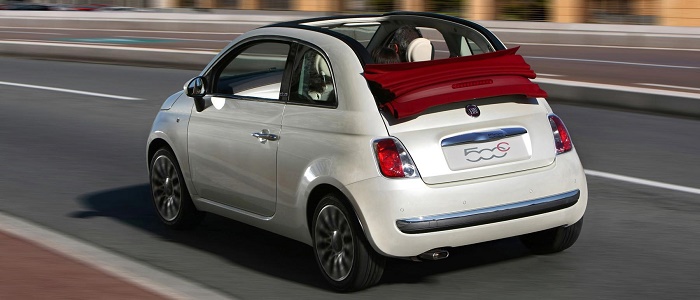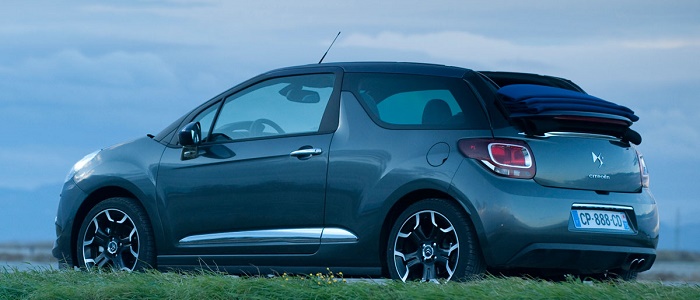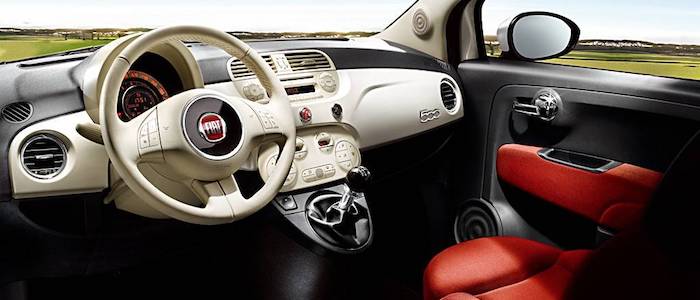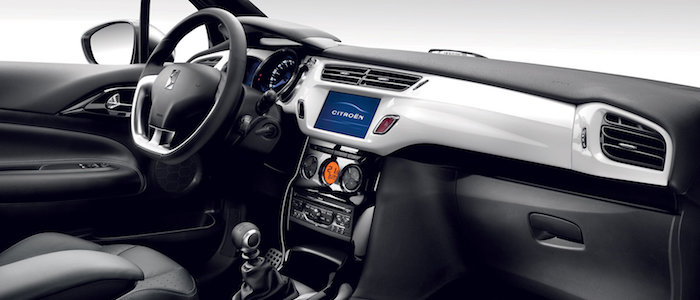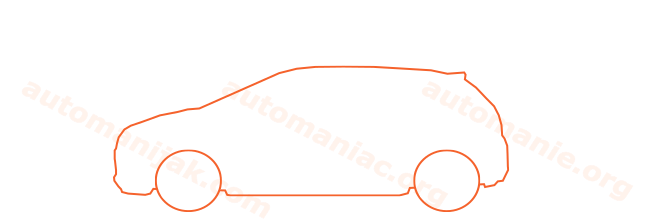Compare two cars
Compare any two cars and get our Virtual Adviser™ opinion
Dimensons & Outlines
Check vehicle history
Engine
Performance (manual gearbox)
Performance (automatic gearbox)
Expenses
Virtual Adviser's™ opinion
We are here considering two somewhat similar cars, but we can't deny some of the obvious differences. For a start, they are not even classified under the same segment, with the FIAT being a micro car and the Citroen representing city car vehicle class. The first one has a FIAT-engineered powertrain under the hood, a 4-cylinder, 16-valves 95hp unit, while the other one gets its power and torque from a 4-cylinder, 8-valves 92hp engine designed by Peugeot.
SafetyThe first thing to look into here would be the results from European New Car Assessment Programme (Euro NCAP) tests performed on the two cars. Good thing is that both vehicles got tested, with the same number of safety stars gained in the process. Still, apart from the official crash test results there are other things we need to be aware of. The second vehicle is a city car and that gives it a marginal advantage over the micro car competitor, at least that's what statistics show. Furthermore, if we'd like to consider vehicle mass in this context too, which we definitely should, the French car offers a marginal difference of 7% more metal.
ReliabilityManufacturers have been building their reliability reputation for decades now and, generally speaking, it appears that FIAT does have a slight advantage, all the models observed together. That's the official data, while our visitors describe reliability of FIAT with an average rating of 4.3, and models under the Citroen badge with 4.0 out of 5. Independent research findings rank 500 as average reliability-wise, and DS3 is more or less at the same level.We should definitely mention that owners of cars with the same powertrain as the Italian car rank it on average as 4.5, while the one under the competitor's bonnet gets 4.2 out of 5.
Performance & Fuel economyFIAT is a bit more agile, reaching 100km/h in 0.3 seconds less than its competitor. Still, it lacks the power to win the top speed competition, topping at 180 kilometers per hour, 2km/h less than the other car. When it comes to fuel economy things look pretty much the same for both cars, averaging around 3.7 liters of fuel per 100 kilometers (77 mpg), in combined cycle.
Verdict
FIAT appears just a bit more reliable, although the difference is truly marginal. The most important thing when deciding between any two vehicles should always be safety, both passive and active. In my opinion, everything taken into account, the French car offers significantly better overall protection, taking the lead here. When it comes to performance, both vehicles provide similar experience, so I wouldn't point any of them out. the French car still consumps less fuel, which needs to be taken into consideration. It's not difficult to say then that if I'd need to make a choice, it would definitely be the Citroen. Nevertheless, let's not forget that people have different preferences and needs, so what really counts is your personal feel. I'm only here to help. Also, you could use the oportunity to find out which car, everything taken into account, would be the perfect choice for you in the eyes of the virtual adviser™, among more than 12.000 different ones in our database.























